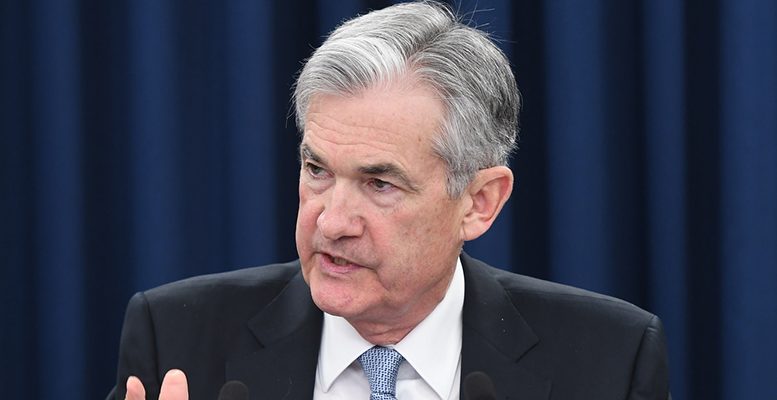J.P. Marín-Arrese | While markets mildly reacted to the widely discounted rate hike and the prospect of protracted high-interest levels, the stern message delivered by Jerome Powell unsettled them. Stocks tumbled as he emphasised the Fed’s commitment to tighten its policy as long as inflation remains unabated, flying high above its 2% medium-term target. In short, he sounded ready to do ‘whatever it takes’ to curb the current price spiral.
He openly recognised tightening aimed at cooling down both demand and labour market, forcing growth below its long-term path. He even did not discard the possibility a recession might ensue. A U-turn stance from his previous promises to ensure a soft landing. Such a harsh message sent shivers down the spine of investors. On face value, it amounted to ever-increasing rates until inflation came under full control. Yet he conceded that tightening might pause at a ceiling roughly equivalent to a 1% positive interest level. This maximum target rate will presumably peak at around 4.5%, should inflation come down below 4% next year. While such a scenario is the most likely one, supposing no further price shocks jolt the economy, Powell did not rule out that tightening might overcome that target.
Is Powell’s resolve so firm as to accept rates might climb unabated should inflation fail to decline? Is he ready to follow Paul Volker’s steps by crashlanding the economy to cut short inflationary pressures? One doubts he would venture into such dangerous territory. If only because the vast cumulated public debt prevents him from unsettling this key market. Not to mention the risk of triggering a daunting financial crisis.
Thus, while the Fed pushes rates up, it provides ample liquidity facilities to avoid a credit crunch. Moreover, as tightening raises short-term rates, the Fed enforces a lenient policy in disinvesting its huge portfolio to protect the debt market. Yet, little by little long-term rates will gradually increase, exerting pressure on those highly indebted.
Sooner or later, Europe will follow suit. We shall pay a high price to anchor the economy back to stability. On top of facing a period of low growth and higher unemployment, we risk falling into another financial or debt crisis. The sooner we put our public finances back on track, the better.





